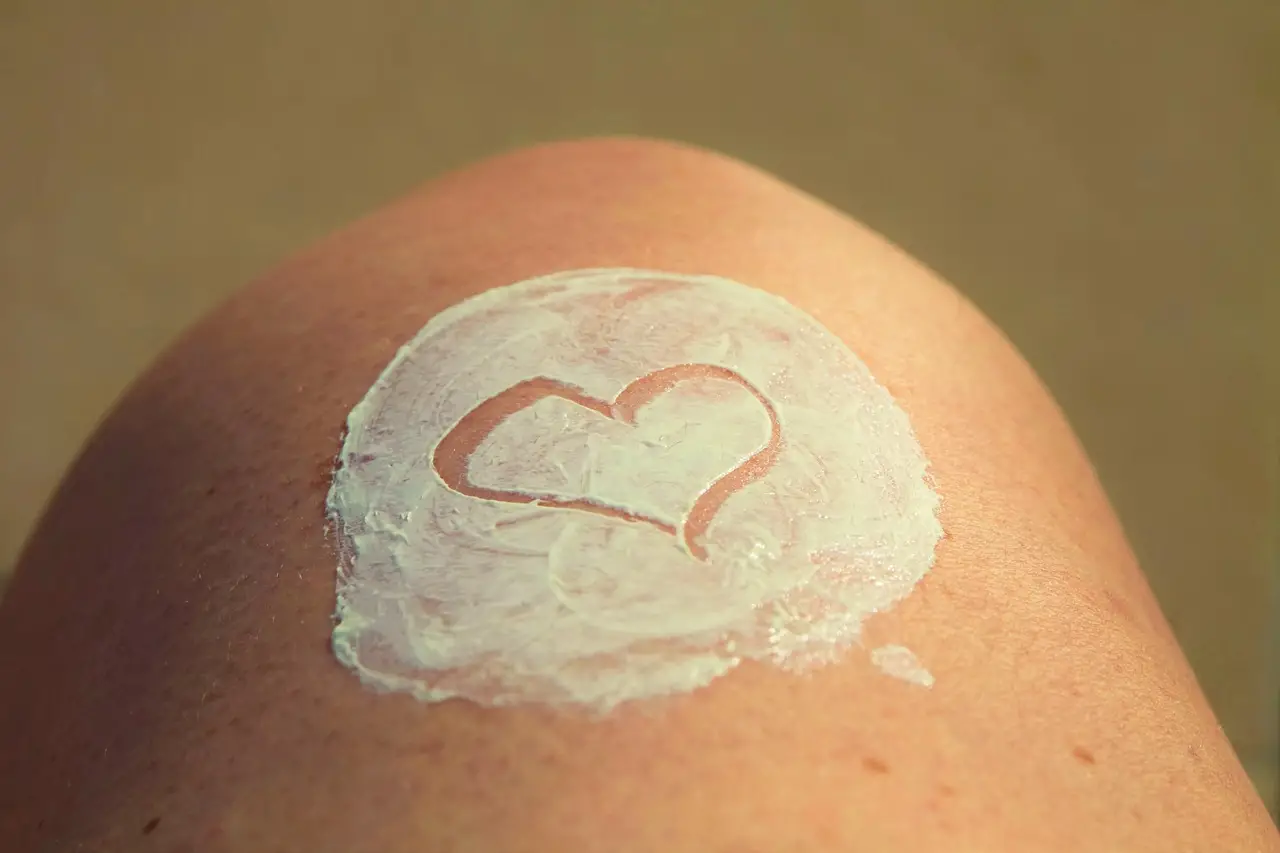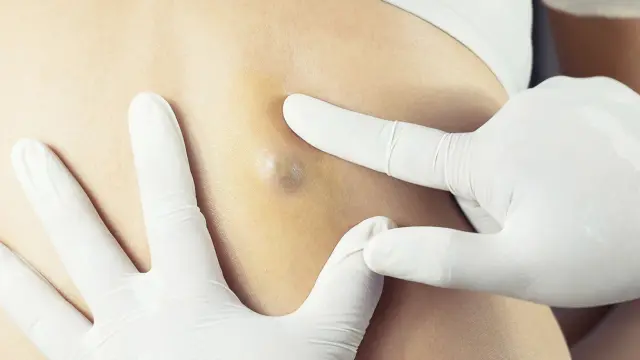Sunscreen is more than just a beach essential or a vacation staple—it is a crucial component of everyday skincare. The harmful effects of ultraviolet (UV) radiation from the sun are well-documented, and protecting your skin from these rays should be a top priority. Below, we will explore the importance of sunscreen, its role in preventing skin damage and skin cancer, and provide helpful tips for choosing and applying sunscreen effectively.
Understanding Sunscreen and UV Radiation
UV radiation is a form of energy emitted by the sun that reaches the Earth’s surface. There are three types of UV radiation: UVA, UVB, and UVC. While UVC radiation is largely absorbed by the Earth’s atmosphere, UVA and UVB rays can penetrate the skin and cause damage. UVA rays are associated with premature aging and can pass through glass, while UVB rays are the primary cause of sunburn.
Sunscreen acts as a protective shield between your skin and UV radiation. It contains active ingredients that absorb or reflect UV rays, reducing their penetration into the skin. Broad-spectrum sunscreens are designed to block both UVA and UVB rays, providing comprehensive protection.
The Importance of Sunscreen
1. Prevention of Skin Cancer: Skin cancer is the most common type of cancer, with over 5 million cases diagnosed in the United States each year. Prolonged exposure to UV radiation is a significant risk factor for developing skin cancer. Applying sunscreen daily, even on cloudy days, can significantly reduce the risk of developing skin cancer.
2. Protection from Premature Aging: UV radiation is a leading cause of premature aging, including wrinkles, fine lines, age spots, and sagging skin. By using sunscreen regularly, you can help prevent these signs of aging and maintain a youthful complexion.
3. Minimization of Sunburns: Sunburns are not only painful but also indicate skin damage caused by UV radiation. Sunscreen with a high sun protection factor (SPF) can effectively prevent sunburn by blocking a significant portion of UVB rays.
4. Prevention of Hyperpigmentation: UV radiation can trigger an overproduction of melanin, resulting in the formation of dark spots or patches on the skin known as hyperpigmentation. Regular use of sunscreen helps to prevent and reduce the appearance of hyperpigmentation, keeping the skin even-toned and radiant.
5. Protection against Photoallergic and Phototoxic Reactions: Some individuals may experience allergic reactions or increased sensitivity to the sun, known as photoallergic or phototoxic reactions, respectively. Sunscreen provides a protective barrier, minimizing the risk of these reactions and allowing individuals to enjoy the outdoors safely.
Tips for Choosing and Applying Sunscreen
1. Opt for Broad-Spectrum Sunscreen: Look for sunscreen labeled as “broad-spectrum,” as it offers protection against both UVA and UVB rays. This ensures comprehensive coverage and safeguards your skin against various types of sun damage.
2. Select a Suitable SPF: Choose a sunscreen with a sun protection factor (SPF) of 30 or higher for everyday use. SPF 30 blocks approximately 97% of UVB rays, while higher SPFs provide a slightly higher level of protection.
3. Consider Your Skin Type: If you have sensitive or acne-prone skin, opt for sunscreens labeled as “non-comedogenic” or “dermatologist-tested” to minimize the risk of clogged pores and breakouts. Individuals with dry skin may prefer moisturizing sunscreens to maintain hydration.
4. Apply Generously and Reapply: Apply sunscreen generously to all exposed areas of the skin, including the face, neck, ears, arms, and legs. Don’t forget commonly overlooked areas like the back of the hands and feet. Reapply sunscreen every two hours or more frequently if swimming, sweating, or towel drying.
5. Pay Attention to Expiration Dates: Sunscreen can lose its effectiveness over time, so be sure to check the expiration date on the bottle. Expired sunscreen may not provide adequate protection, so it is essential to replenish your supply regularly.
6. Supplement Sunscreen with Protective Measures: While sunscreen is a crucial part of sun protection, it should be complemented by other protective measures. Seek shade during peak sun hours, wear protective clothing, including wide-brimmed hats and sunglasses, and use umbrellas or sun shelters when spending extended periods outdoors.
Sunscreen is an essential tool in safeguarding your skin from the harmful effects of UV radiation. By incorporating sunscreen into your daily skincare routine, you can significantly reduce the risk of skin cancer, premature aging, and other sun-related skin damage. Remember to choose a broad-spectrum sunscreen with an appropriate SPF, apply it generously, and reapply regularly. Protecting your skin today will help ensure healthier, more youthful skin in the future. Make sunscreen a non-negotiable part of your skincare regimen, and embrace the benefits of sun-safe living.




